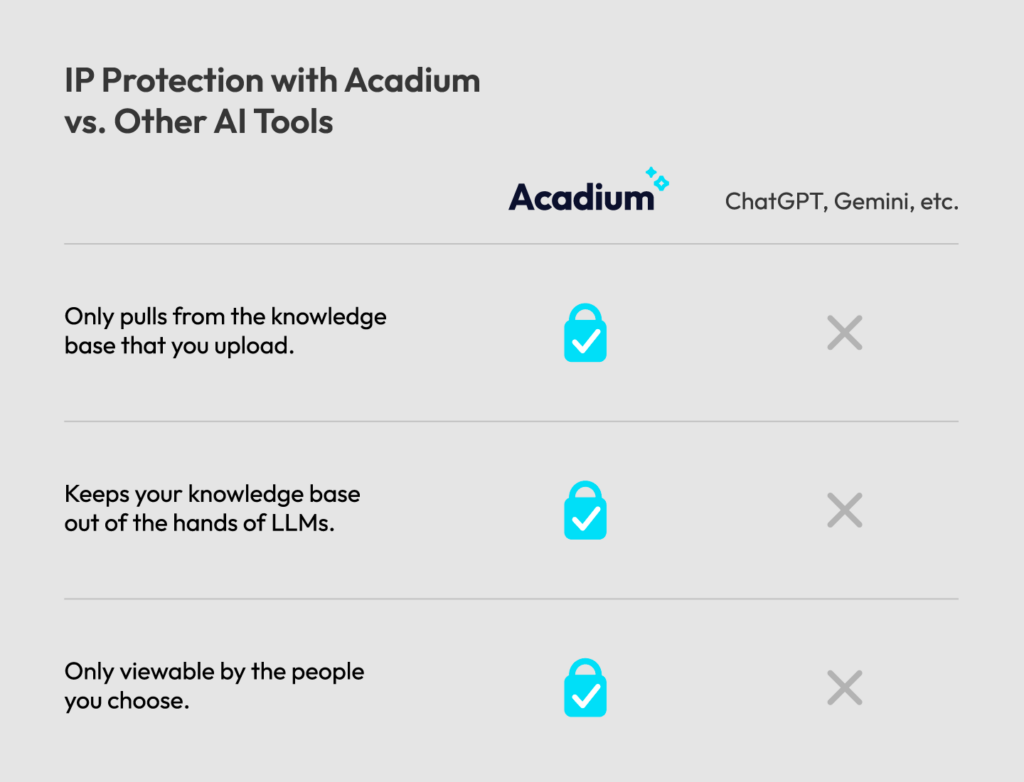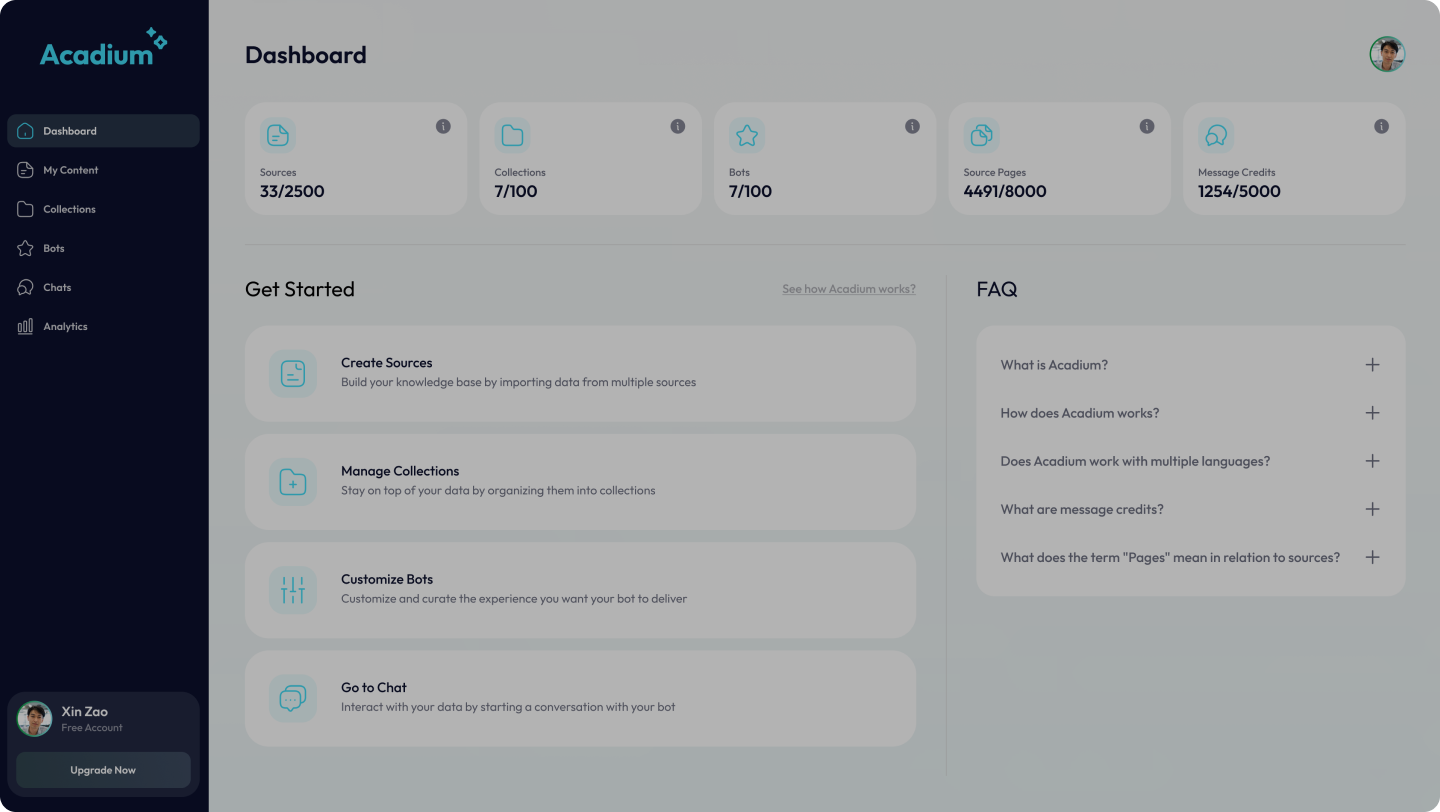In the rapidly evolving landscape of higher education, integrating artificial intelligence (AI) tools has become a focal point for many institutions. A notable example is California State University’s recent partnership with OpenAI to deploy ChatGPT across its 23 campuses. The goal is to enhance personalized tutoring and streamline administrative tasks.
While such collaborations offer promising advancements, they also raise significant concerns regarding handling college and university intellectual property (IP). Sharing proprietary academic content with certain external AI entities can lead institutions down a precarious path, potentially compromising the ownership and control of their valuable IP assets.
The Allure of AI Integration in Academia
The integration of AI tools like OpenAI’s ChatGPT into university systems presents numerous benefits:
- Personalized Learning: AI can tailor educational content to individual student needs, enhancing learning outcomes.
- Administrative Efficiency: Automating routine tasks can free up faculty time for more critical academic responsibilities.
- Research Advancement: AI can assist in data analysis, accelerating the pace of scholarly research and discoveries.
These advantages make AI an attractive addition to the world of higher education. However, the integration process often necessitates granting AI systems access to vast university data, including proprietary research, teaching materials, and other sensitive information.
The Slippery Slope of Sharing Intellectual Property
When universities share their data with AI companies, several risks emerge:
- Loss of IP Rights: Providing AI systems with access to confidential information or trade secrets may result in the forfeiture of the university’s IP rights. Once data is fed into an AI engine, controlling its usage or preventing unauthorized dissemination can be challenging.
- Unauthorized Use and Distribution: AI models trained on university data might inadvertently or deliberately incorporate proprietary content into their outputs, leading to unauthorized sharing of the institution’s IP. This scenario raises concerns about potential IP infringement and loss of competitive advantage.
- Data Privacy Issues: Uploading sensitive university data to public AI systems can result in privacy breaches, especially if the AI lacks robust security measures. This exposure not only endangers the institution’s IP but also the personal information of students and staff.
Case in point, OpenAI has been scrutinized for its data handling practices. Reports indicate that OpenAI’s bots have aggressively scraped data from websites to train their models, often without explicit permission from content owners. This approach has increased costs and strained the resources of the affected websites. Such practices highlight the potential risks that colleges and universities face when external AI entities utilize their data without adequate oversight.
Legal and Ethical Implications
The legal landscape surrounding AI and IP is still developing, with several high-profile lawsuits underscoring the complexities involved:
- Authors vs. OpenAI: Notable authors have filed lawsuits against OpenAI, alleging that the company used their copyrighted works without permission to train its AI models. These cases emphasize the contentious nature of using proprietary content in AI training.
- Getty Images vs. Stability AI: Getty Images sued Stability AI for allegedly using its images without authorization to train AI tools, raising concerns about the protection of visual content in the AI era.
These legal battles illustrate the potential pitfalls for universities that share their IP with AI companies, as they may become entangled in complex IP disputes.
Why Acadium is a Secure AI Choice for Universities
Acadium differentiates itself in several key ways that protect colleges and universities from the risks outlined above:
- Closed-System – Instead of forcing institutions to adapt to an AI model trained on outside data sources, Acadium allows universities to fine-tune the AI on their own trusted materials, ensuring accuracy and integrity.
- Strict Data Privacy Policies – Unlike other AI platforms that might absorb and repurpose institutional data, Acadium guarantees that no university information is used to train external models. This prevents proprietary content from being disseminated beyond the institution’s control.
- Data Ownership – You retain full control over your intellectual property. Acadium does not claim ownership over the proprietary content it interacts with, ensuring institutions maintain their rights over research, curricula, and other sensitive materials.

Best Practices for Colleges and Universities
To navigate the challenges associated with AI integration, universities should consider the following strategies:
- Conduct Due Diligence: Before partnering with AI companies, institutions must assess the potential risks to their IP and ensure that adequate safeguards are in place.
- Establish Data Usage Policies: Define explicit terms regarding how university data can be used by AI partners, including provisions for data security, IP rights, and confidentiality.
- Implement Data Security Measures: Ensure that any data shared with AI systems is protected through encryption and other security protocols to prevent unauthorized access and distribution.
- Seek Legal Counsel: Engage legal experts to navigate the complex IP landscape and draft agreements that protect the university’s interests.
But not all AI platforms pose the same risks. Acadium offers a “university-first” approach to AI integration, ensuring that institutions can leverage AI’s benefits without compromising their proprietary content.
Unlike general-purpose AI models, which often operate as black-box systems with unclear data usage policies, Acadium is designed specifically for higher education and provides critical safeguards against common IP pitfalls.
A Smarter Path Forward for AI in Higher Education
By choosing AI solutions like Acadium, institutions can safeguard their intellectual property while still embracing the transformative power of artificial intelligence. The key to success lies in choosing an AI partner that prioritizes academic integrity, and data security. Acadium provides a roadmap for responsible AI adoption, ensuring that innovation never comes at the cost of ownership or control. Contact us today to partner on your institution’s future.












